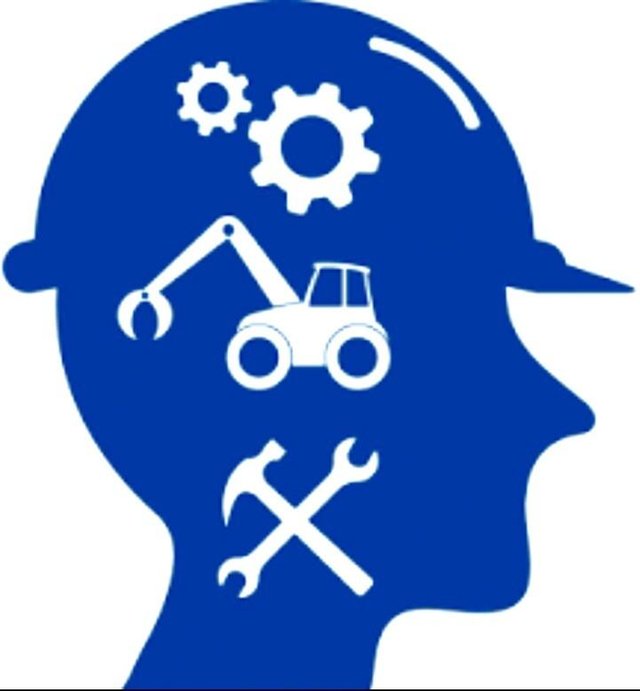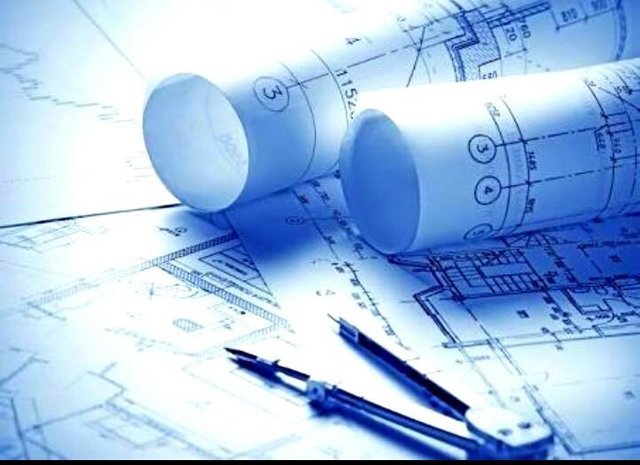Journal of Mechaninal Engineering Education

Engineering education is the activity of teaching knowledge and principles to the professional practice of engineering. It includes the initial education (Bachelor and or Masters degree) for becoming an engineer, and any advanced education and specializations that follow. Engineering education is typically accompanied by additional post graduate examinations and supervised training as the requirements for a professional engineering license. The length of education, and training to qualify as a basic professional engineer is typical 8–12 years with 15–20 years for an engineer that takes responsibility for major projects.
https://en.wikipedia.org/wiki/Engineering_education
What is an engineer?
Engineering is the art of applying scientific and mathematical principles, experience, judgment, and common sense to make things that benefit people. Engineers design bridges and important medical equipment as well as processes for cleaning up toxic spills and systems for mass transit. Engineering is the process of producing a technical product or system to meet a specific need.
Courses and Certificates for Continuing & Professional Education
Sharpen your skills in classes that last from 1-5 days and immediately apply what you learn on the job. Professional Education courses can also prepare you for the Fundamentals of Engineering Examination (formerly the EIT Exam) and electrical engineering portion, power option, of the Professional Engineer (PE) Exam.
Changing Curriculum
The study makes recommendations for more design-build-test, practice-based activities; changing the mechanical engineering curriculum to allow more flexibility for these hands-on activities; adding more faculty with practical industry experience to balance those currently with strong research capabilities; greater cultivation of innovation and creativity; increased emphasis on developing students’ professional, non-technical skills; and encouraging greater diversity among students and faculty.
The University of St. Thomas' Schools of Engineering and Education provide a STEM graduate certificate in Engineering Education. The STEM graduate certificate is designed for in-service P-12 educators who want hands-on experience in STEM education with engineering. The STEM graduate certificate program is a rigorous introduction to integrated STEM engineering content, with an emphasis placed on how to apply the material in P-12 STEM classrooms. The STEM graduate courses are taught in the UST School of Engineering facilities by faculty with a wide range of engineering and education experience. The STEM certificate program consists of four classes:
https://www.stthomas.edu/cee/graduate/
Through the study of engineering and design processes, students learn how to solve technological problems, innovate and invent. They actively design, model, simulate and analyze solutions to technological challenges studies courses and explore the contributions of systems engineering for developing and sustaining a well-designed world. Methods in teaching middle and high school students about engineering and design processes are also covered.
All academic fields shape knowledge and bring about change, but they don’t do that by “empowering” the agents of change. And what does “reimagining engineering” mean? The great aerodynamicist Theodore von Kármán said that “a scientist studies what is, while an engineer creates what never was.” In engineering, we apply scientific principles in the design and creation of new technologies for mankind’s use. It’s a creative process. Since engineering is basically creativity, how are we supposed to “reimagine creativity”? That makes no sense.
And, just for the record, engineers “empower” themselves and, most important, other people, by inventing things. Those things are our agents of change.
The objectives of the chemical engineering undergraduate curriculum have been developed with feedback from the faculty, alumni, current students and our advisory board. The curriculum and programs are designed so that students of the Chemical Engineering Department will have the education, skills and abilities necessary to succeed. The objectives of the department are that graduates will obtain employment or attend graduate school, will advance in their chosen careers, and will be productive and fulfilled professionals throughout their careers.
https://www.cmu.edu/cheme/education/
